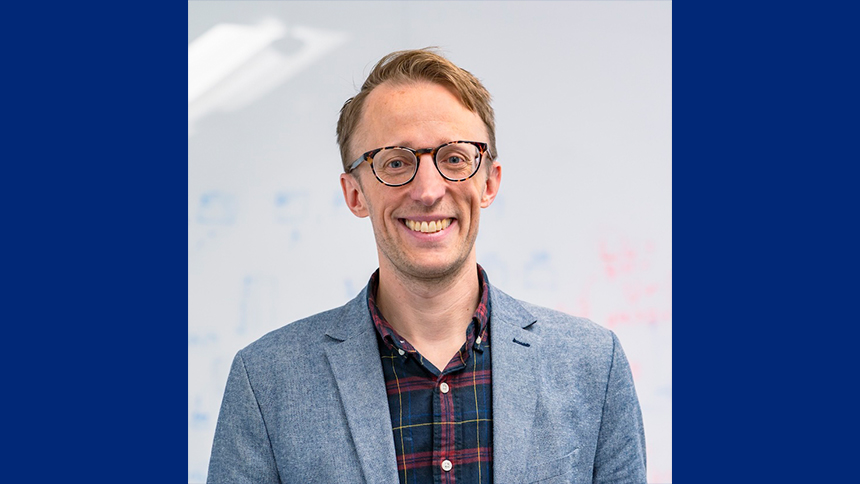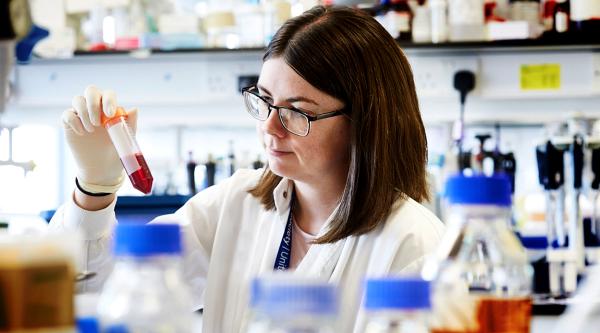Research
Taking a different approach to studying how dementia affects the brain
To gather knowledge about dementia, James Cole and his team at UCL are analysing brain changes in a new way.
Professor James Cole has always been fascinated by how the brain works and what happens when people develop brain diseases.
He became Professor of Neuroimage Computing at University College London (UCL) in 2022 and now uses high-tech imaging techniques to study the structure of the brain and how it works.
‘My research career has focused on analysing brain scans to better understand psychiatric and neurological conditions,’ he says.

How we use brain scans
‘Dementia is such a common and devastating condition but with such great dementia research going on, I realised that I might be able to contribute,' James says.
‘There’s been a lot of progress in the field during the seven or eight years I’ve been studying dementia, which is heartening to see.’
James and his team are taking a new approach to studying changes in the brain.
‘We are focusing more on the individual patient rather than the average of a group of patients,’ he says.
The team use brain scans from tens of thousands of healthy people to produce ‘growth charts’. These are used to compare a specific person’s brain scans to what you’d expect in someone of their age and sex. So, any differences they find will be more meaningful.
‘We can spot subtle brain changes and hopefully identify whether people are more likely to get dementia symptoms or whether their symptoms will get worse,’ James adds.
Support from Alzheimer's Society
Funding from the Society is helping James and his team take their work further.
‘We are using it to build on our initial results that show our growth charts can detect the earliest changes to the brain associated with dementia,’ he says.
‘We want to show it can work in people from different ethnic backgrounds and could potentially change how we measure the effectiveness of treatments in clinical trials.’
Dementia research is about teamwork
James says collaboration is vital.
‘I have a great team of colleagues at UCL, including those working on the Alzheimer’s Society project.
‘Most days involve meetings with my colleagues, who are working on dementia research or tackling other brain diseases. This includes PhD students I supervise, other staff at UCL and collaborators at institutes across the world.’
He’s positive about the difference their work will make for people affected by dementia.
I hope that our research will provide a new way to get information on people’s brain health.
‘This could be used to help personalise care and treatment for people with dementia or at risk of developing it.’
Your donation funds research
Your donation helps us to fund research into all forms of dementia, from prevention to breakthrough drug treatments.


